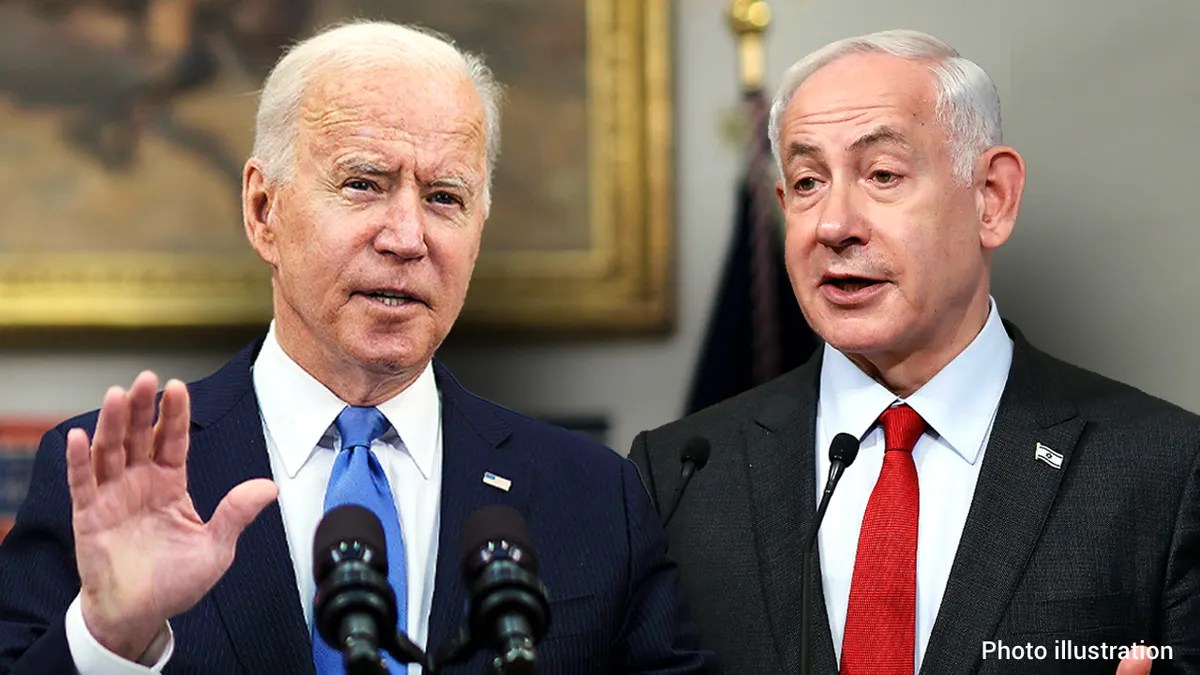“I have a lot of concerns with the way that he talked about the evidence in the report,” ex-FBI deputy director Andrew McCabe told CNN of Robert Hur.
BUSINESS INSIDER
Former FBI Deputy Director Andrew McCabe on Friday said the special counsel report on President Joe Biden’s handling of classified documents has “nauseating similarities” to the conclusion of the 2016 probe into Hillary Clinton’s use of a private email server during her tenure as secretary of state.
Special Counsel Robert Hur declined to file charges against Biden for retaining classified documents from his time as Barack Obama’s vice president. But the report renewed debate over the 81-year-old Biden’s fitness for office due to what Hur called the president’s “hazy” memory — which has created a political firestorm as the commander in chief revs up his reelection bid ahead of an expected November rematch against former President Donald Trump.
Forrmer FBI Deputy Director Andrew McCabe on Friday said the special counsel report on President Joe Biden’s handling of classified documents has “nauseating similarities” to the conclusion of the 2016 probe into Hillary Clinton’s use of a private email server during her tenure as secretary of state.
Special Counsel Robert Hur declined to file charges against Biden for retaining classified documents from his time as Barack Obama’s vice president. But the report renewed debate over the 81-year-old Biden’s fitness for office due to what Hur called the president’s “hazy” memory — which has created a political firestorm as the commander in chief revs up his reelection bid ahead of an expected November rematch against former President Donald Trump.
During an interview with CNN’s Kaitlan Collins, McCabe suggested Hur was “attempting to even out the scales” with the report.
“It really felt like it was another instance of a very high-profile investigator who was coming out with a conclusion that he likely knew would not be accepted or embraced by many people,” he told Collins.
“In other words, to play to … the segment of the audience that was going to be frustrated by the fact that he concluded not to pursue charges,” he continued. “That’s what it felt like to me. I have a lot of concerns with the way that he talked about the evidence in the report.”
McCabe suggested that the situation was similar to July 2016, when then-FBI director James Comey concluded that Clinton was “extremely careless” in handling classified emails but declined to recommend charges against the then-Democratic presidential candidate.
“I think where we stepped far over the line and made a mistake was in Jim’s rhetoric clearly criticizing Hillary Clinton but of course not recommending that she be charged,” McCabe told Collins. “The use of those terms was very likely a violation of [Department of Justice] policy, which says you don’t say bad things about someone you say you’re not going to charge.”
When Collins asked McCabe if he thought Comey erred in handling the Clinton announcement in July 2016, the ex-deputy director replied: “I do.”
“That’s not an easy thing for me to conclude because I worked very closely with Jim. I reviewed his remarks before he made them,” he said. “But in retrospect I think I should have worked harder to convince him not to use those terms and possibly not to make the statement at all.”
In October 2016, Comey reopened the Clinton email probe in what was a huge “October surprise” that many Democrats believe cost the then-Democratic nominee the presidency, as she had been widely seen as the favorite to capture the White House.



